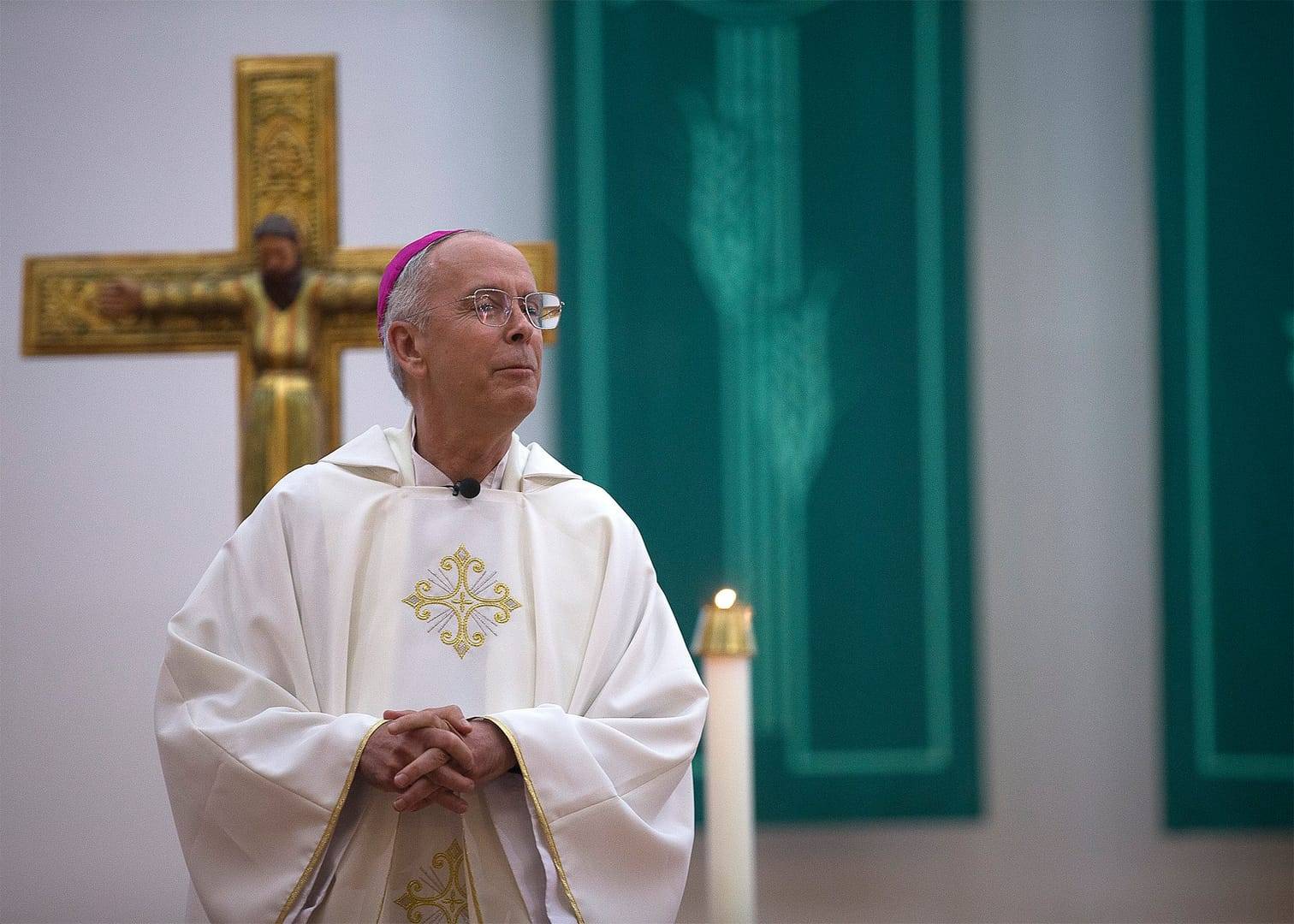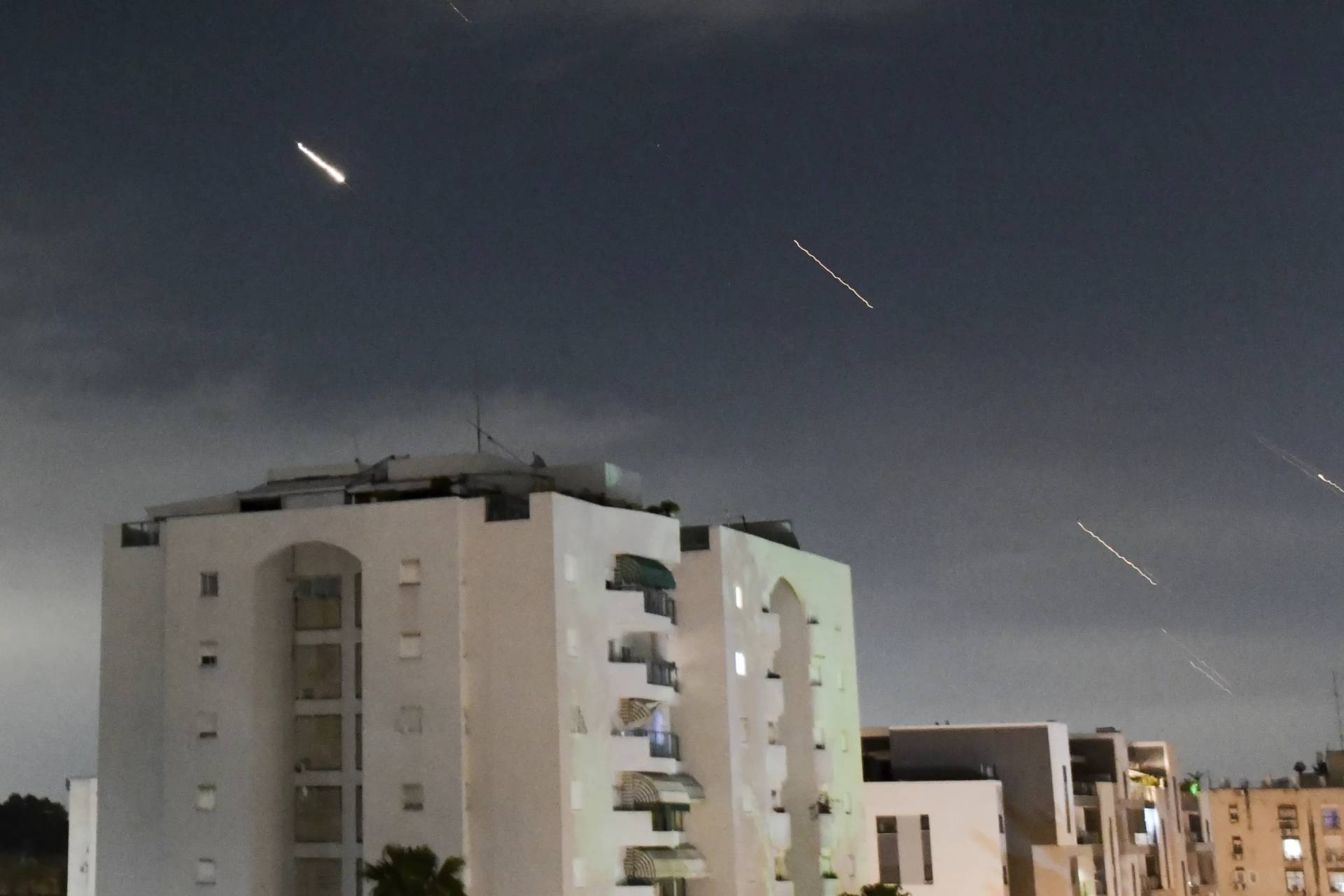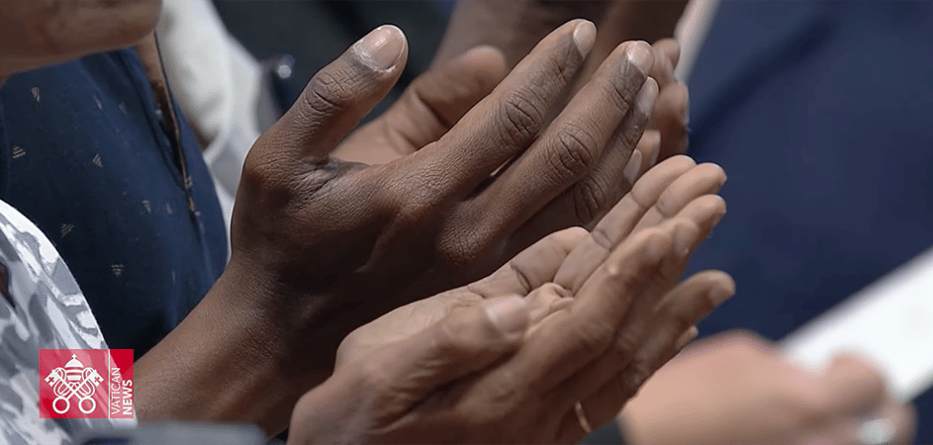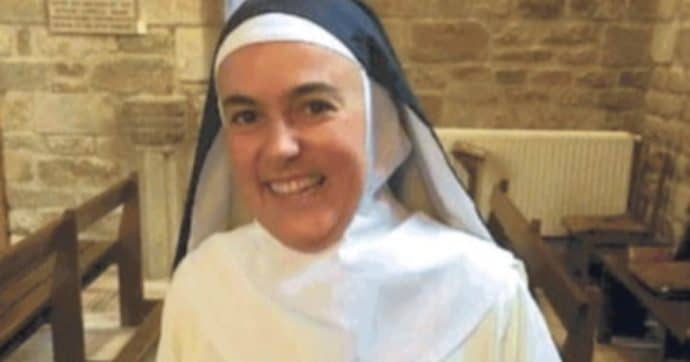Kicking off this year’s National Migration Week, which began on January 8th, Cardinal Daniel DiNardo of Galveston-Houston and President of the U.S. Conference of Catholic Bishops stated that this is an opportunity to “create a culture of encounter where citizens old and new, alongside immigrants recent and longstanding, can share with one another their hopes for a better life.”
For over 25 years U.S. Catholics have used the week to highlight the Church’s efforts to serve immigrants and refugees who make up an increasingly large sector of the U.S. Church.
Yet on the eve of the inauguration of President-elect Donald Trump, the 2017 National Migration Week is taking on new significance—and urgency—for many Catholics who are concerned about Mr. Trump’s hostile stance toward this often marginalized population.
Many Americans seem to have forgotten that every single one of these individuals has a face and a story, and can’t be reduced to a statistic or a number. They are our neighbors, family members, friends, co-workers, and, indeed, fellow parishioners—and as Catholics, it’s our duty to put an end to the name-calling and to serve as their voice.
In the midst of a heated national debate on immigration, Church leaders are now speaking out to remind us that this is no mere national policy debate, but one that has immediate and profound consequences for our local communities.
Speaking at the Catholic Immigrant Integration Initiative Conference this past November, Bishop Robert McElroy of San Diego told those in attendance: “It is unthinkable that we will stand by while more than 10 percent of our flock is ripped from our midst and deported.”
And across the country, we can witness snapshots of Catholics who have been galvanized to “not stand by” and are giving a lived expression to Pope Francis’s call to “creating a culture of encounter,” which also serves as the official theme of National Migration Week.
Take, for example, Dolores Mission Parish in the Archdiocese of Los Angeles, home to one of the largest immigrant communities in the country. According to Ellie Hidalgo, who serves as pastoral associate at the parish, “We have many families that have been here ten years or more and we are fighting together to push for comprehensive immigration reform.”
“We’re a community that has benefited a lot from the DACA [Deferred Action for Childhood Arrivals] program,” she told Crux. DACA is a federal program that allows immigrants who came to the U.S. as minors a permit to work or continue their education.
“Many of our young people have been here since they were one or two years old and have received work permits or started college. Their hard work contributes to this community. We want to know what will happen to this group of people and will they be afforded the protection to keep succeeding and contributing back?”
For the members of Dolores Mission Parish, they’re not waiting idly by until the system is fixed to meet the needs of their community. Along with nearby Loyola Law School, they helped launch the Loyola Immigrant Justice Clinic, which provides free and low cost legal help to immigrants at their parish.
In the past four years the clinic has helped over 6,000 individuals obtain residency, citizenship, proper visas, and jobs.
In addition to the clinic, the parish is now regularly hosting workshops to better educate immigrants on their rights so that they can better protect themselves and their families. “Peoples lives are in limbo and we’re fighting to make sure families can stay intact,” said Hidalgo.
Meanwhile, along another border town in Brownsville, Texas, Sister Norma Pimentel has been rallying the community to respond to what has become ground zero for the immigration and refugee crisis in this country.
In 2014, when a surge of immigrants—primarily unaccompanied minors—fled Central America and sought asylum here, it was Sr. Norma who sounded the alarm and mobilized the Church into action.
In her capacity as Executive Director of Catholic Charities in the Rio Grande Valley, Pimentel transformed the outreach from a piecemeal response to a professional operation.
Within months, she had established welcoming stations within a few feet of border patrol and nearby the local bus station so that newly arrived immigrants could be fed, clothed, cleaned, and sheltered before beginning the process of making their homes here—providing lived expression to the Biblical command to “show hospitality to strangers.”
Similarly, Diócesis Sin Fronteras (“Dioceses without Borders”), a collective of the dioceses of Phoenix and Tucson, Arizona and Hermosillo, Mexico, has been working together for years to raise awareness of the plights of people on both sides of the border and to work together in solidarity to meet their needs.
Across the country, Catholics in Minnesota, Chicago, Washington, D.C., Nebraska, Michigan, Seattle, Cincinnati, and more are hosting vigils, inter-faith prayer services, and other events as part of National Migration Week.
For these organizations and individuals, this week is a means of accentuating the already vital work that the Church is doing for migrants and refugees—and to invite others to join in the cause at a moment in history that is critically important.
In his post-election message, Bishop Oscar Cantú of Las Cruces, New Mexico struck a conciliatory tone by promising to “work with Mr. Trump on issues on which we agree. I think, specifically, of pro-life and religious liberty issues.”
However, he went on to warn: “On issues that he might propose or support that hurt the common good, the poor, or the vulnerable, particularly immigrants and refugees, we will raise our concerns in a prophetic voice…Many of us were deeply offended by Mr. Trump’s rhetoric and some of his proposed policies. Those wounds run deep. Many have asked the question: what do we tell our children?”
For starters, I would suggest that we begin by offering these stories of hope—stories of a Church that is willing to serve as that prophetic voice and a Church that is, as Pope Francis reminds us, more interested in the needs of those living on the peripheries rather than in palaces.
And when presidents or politicians fail to meet those needs or respect those individuals, we must offer our promise that as Catholics we will be there to hold them accountable.
And for our fellow Catholics who fall short of this, we must remind them—as Mary Eberstadt did in her 2014 Commencement Address at Seton Hall—that “Seeing God in every face you meet also means watching our language more closely than many people do—for starters, never, ever using the word ‘illegal’ as a noun to describe a human being.”
We can—and we must—tell these immigrant children and their families that the Catholic Church has a long history of welcoming and supporting immigrants ever since this nation’s founding, and we’ll continue to do so.
Most importantly, we can affirm their gifts and the particular role that they continue to play in making America great. Indeed, it’s only because of their contributions that we ever obtained such a status to begin with.















